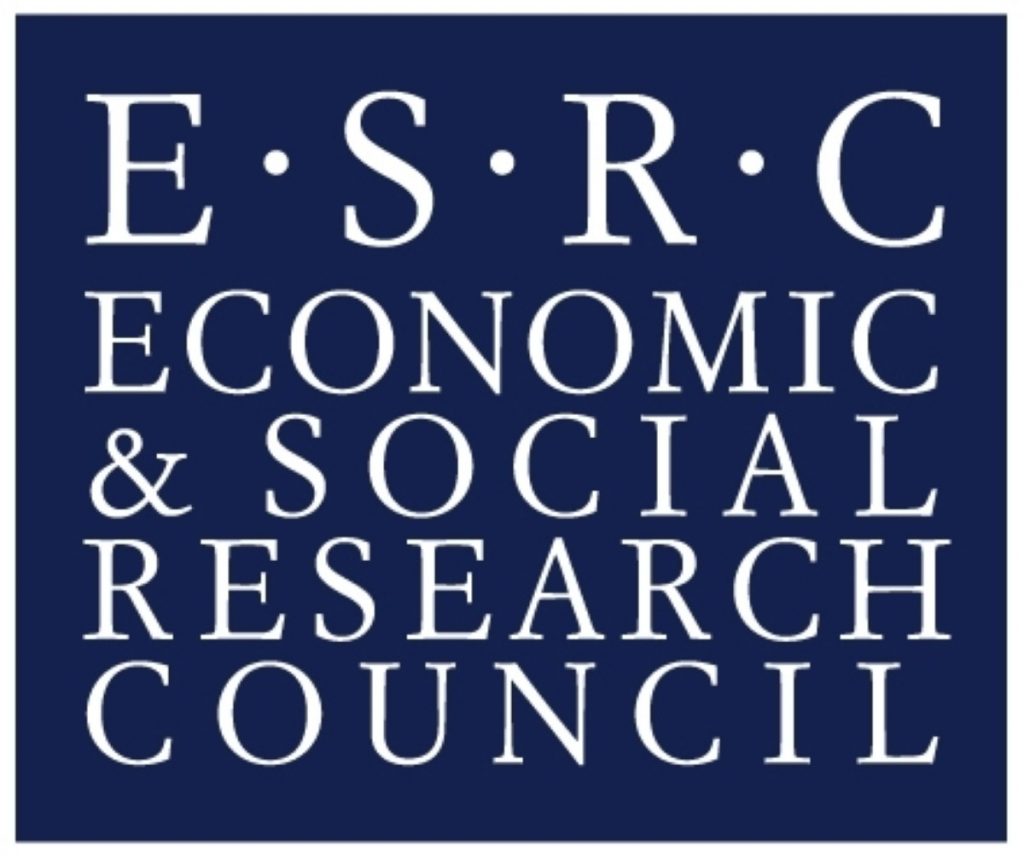ESRC: London 2012 will inspire tomorrow’s social scientists
The London 2012 Games legacy is an ideal way of encouraging young people not only to take up sport but to engage with social science as well, researchers at Bournemouth University believe. Young people in Dorset will have the chance to question whether hosting London 2012 has brought benefits to the area in which they live as well as to the UK as a whole at an event as part of the Economic and Social Research Council’s (ESRC) Festival of Social Science.
"There is growing research on the impact of large scale events on society at both a local and national level," says Dr Debbie Sadd, of Bournemouth University, who is organising the event. Most young people’s perception of the Olympics and the London 2012 legacy will have been heavily influenced not only by what they saw but also by what media they used and their immediate social circles. Dr Sadd believes it is vital to encourage young people to challenge these perceptions, to ensure they – as the next generation– can give themselves a voice in the future.
If young people read something about a London 2012 legacy issue on Facebook or through viral marketing, Dr Sadd is asking how their perception will change if they are subsequently told about the same issue by someone who has perhaps protested, or taken a moral stand.
"As social science researchers, we want to see what they respond to, what helps them change their minds and what makes them think differently," she says.
The event will provide an ideal opportunity to promote the value of social science research, and how it can be used to unpack the London Games. The young people taking part will have the opportunity to see how evidence can be examined, how critical thinking can be applied and how practice can be changed as a result.
"We believe the topic is of particular value to young people. Central to the promotion of London 2012 has been the idea that they will benefit from Olympic values such as respect and trust. It will also encourage participation from young people whose experience has been uniquely shaped by local proximity to Olympic activities in Weymouth, Dorset," Dr Sadd states.
Dr Sadd anticipates a great deal of lively debate among the people taking part. The event will enable them to challenge the presenters, and to use evidence to challenge their own perceptions.
Dr Sadd concludes: "Young people in future will influence not only local conversations, but national and even global debate on key issues that are of great interest to social scientists. Straight away, they will be making an important contribution to our understanding of how events such as the Olympic Games can impact society as a whole."
For further information contact:
Dr Deborah Sadd
Email: dsadd@bournemouth.ac.uk
Telephone: 01202 961265
ESRC Press Office:
Sarah.Nichols
Email: sarah.nichols@esrc.ac.uk
Telephone 01793 413122
Jeanine Woolley
Email: jeanine.woolley@esrc.ac.uk
Telephone 01793 413119
Notes for editors
Event: London 2012 – was it worth it?
Organiser: Dr Debbie Sadd, School of Tourism, Bournemouth University
Date: 5 November 2012
Venue: Marconi Lecture Theatre, University of Bournemouth, Poole, BH12 5BB
Audience: Event for schools and colleges
For more information: London 2012 – was it worth it?
The Festival of Social Science is run by the Economic and Social Research Council and takes place from 3-10 November 2012. With events from some of the country's leading social scientists, the Festival celebrates the very best of British social science research and how it influences our social, economic and political lives – both now and in the future. This year’s Festival of Social Science has over 180 creative and exciting events across the UK to encourage businesses, charities, government agencies, schools and college students to discuss, discover and debate topical social science issues. Press releases detailing some of the varied events and a full list of the programme are available at the Festival website. You can now follow updates from the Festival on twitter using #esrcfestival.
The Economic and Social Research Council (ESRC) is the UK's largest organisation for funding research on economic and social issues. It supports independent, high quality research which has an impact on business, the public sector and the third sector. The ESRC’s total budget for 2012/13 is £205 million. At any one time the ESRC supports over 4,000 researchers and postgraduate students in academic institutions and independent research institutes. More at www.esrc.ac.uk





-01.png)